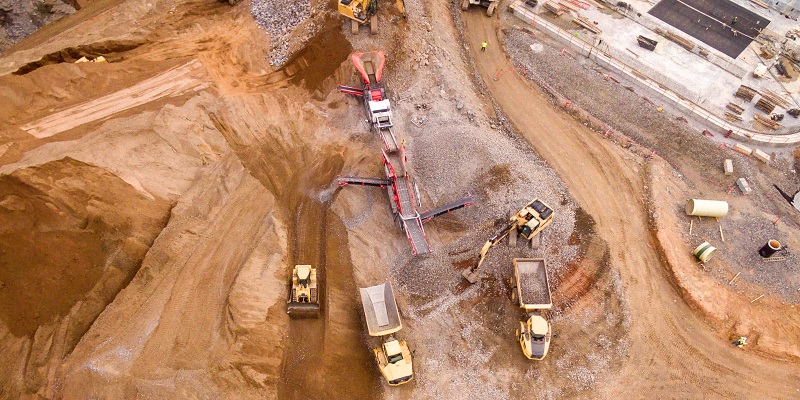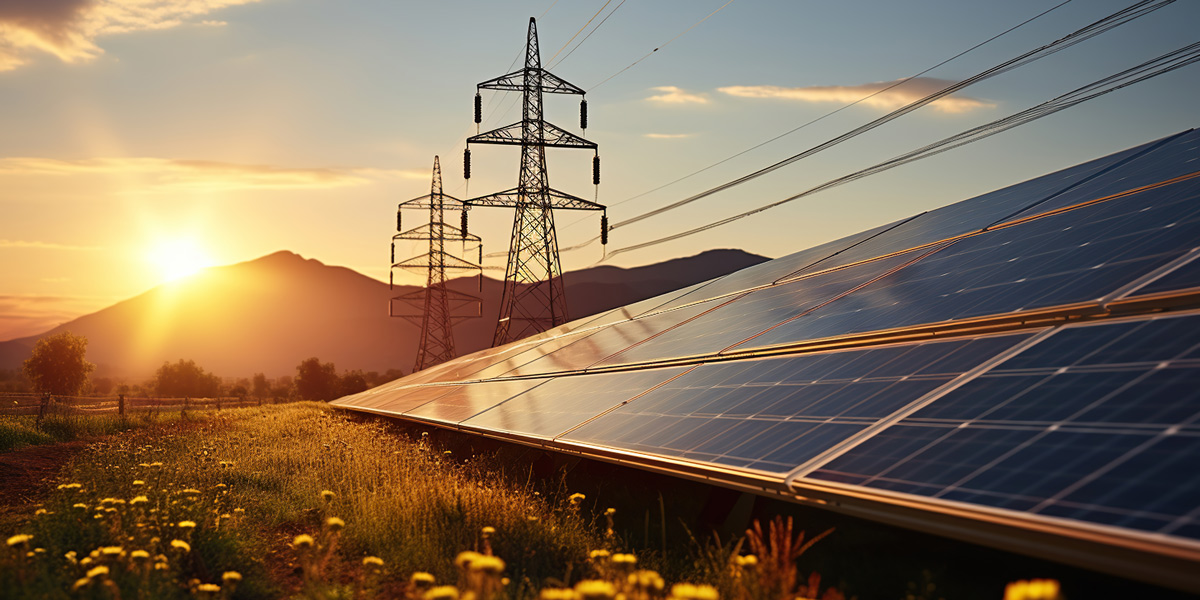Earth’s Planetary Boundaries Exceeded, Placing Life in the ‘Danger Zone’
A study conducted by the Earth Commission, involving over 40 international scientists, reveals that Earth has surpassed safe limits in seven out of eight planetary boundaries critical for sustaining life. These boundaries include climate, air pollution, water contamination, freshwater availability, natural environment preservation, and overall ecosystem health. The study also incorporates measures of justice to address the impact on countries, ethnicities, and genders. Although air pollution is the only limit currently dangerous at local and regional levels, climate change remains a significant concern. Hotspot areas affected by these issues are identified in Eastern Europe, South Asia, the Middle East, Southeast Asia, parts of Africa, Brazil, Mexico, China, and the US. Additionally, around two-thirds of Earth fails to meet freshwater safety criteria.
The researchers emphasize that urgent changes are necessary to reverse the damage caused by coal, oil, and natural gas usage, as well as improper land and water management. While the planet’s condition is worrisome, it is not irreparable. The study underscores the need for a paradigm shift and international cooperation to address these pressing environmental challenges.
Silvopasture: A Sustainable Farming Practice for Healthier Livestock and a Greener Climate

Silvopasture, the practice of integrating trees, pastureland, and livestock, is gaining momentum as a way for farmers to enhance animal well-being and mitigate climate change. This ancient agricultural method combines the careful management of trees, pasture, and animals, resulting in a system that is mutually beneficial. Silvopasture systems provide shade for livestock, reducing heat stress and improving animal health. The integration of trees and perennial roots helps sequester carbon, stabilize soil, prevent erosion and flooding, and increase biodiversity.
Silvopasture also offers economic advantages, such as saving costs on feed, weed control, and even providing additional revenue streams from high-value products like specialty meats and cork. However, the adoption of silvopasture faces challenges, including the need for expertise in rotational grazing, substantial land area, labour, and upfront costs for purchasing and maintaining trees. Increasing funding, support, and clarity in government programs, particularly through the upcoming Farm Bill, can help overcome these barriers and encourage more farmers to embrace silvopasture for sustainable and climate-resilient agriculture.
Craft Breweries Embrace Carbon Capture to Enhance Sustainability and Flavour

A growing number of craft breweries are adopting carbon capture technology to reduce emissions and reuse carbon dioxide (CO2) in their beer production. Developed by NASA and adapted by companies like Earthly Labs, the technology captures naturally produced CO2 during fermentation, purifies it, and stores it for various uses, including carbonating beer.
This not only reduces CO2 emissions but also provides cost-saving benefits for breweries, as CO2 is a valuable ingredient in beer production. By implementing carbon capture systems, breweries can minimize their reliance on purchasing commercial CO2, contributing to sustainability efforts in the industry. The technology has shown both environmental and economic benefits, with some breweries achieving a significant net reduction in CO2 usage and improved flavour profiles in their beers.
The Path to Sustainable Battery Recycling

As the shift towards electric vehicles (EVs) gains momentum, the need for efficient recycling of lithium-ion (Li) batteries becomes crucial. Currently, traditional recycling methods struggle to handle the complexity and potential dangers of Li batteries, resulting in low recycling rates. However, researchers are developing innovative techniques to streamline the recycling process and give valuable battery components a second life. Robotic disassembly and ultrasonic recycling methods show promise in achieving higher recycling rates and reduced costs. Additionally, efforts are being made to design more eco-friendly and degradable battery alternatives. Standardizing Li battery recycling, along with advancements in battery production and reuse, are vital steps toward a sustainable future for EVs. By implementing efficient recycling processes, economies can minimize waste and environmental impact while preparing for the increasing number of retired EV batteries in the coming years.
UN Averts Potential Environmental Catastrophe
The United Nations (UN) has achieved a significant breakthrough in the ongoing mission to salvage the abandoned Safer super tanker stranded in the Red Sea off the coast of Yemen since 2015. The deteriorating vessel, carrying 1.1 million barrels of crude oil, poses a severe environmental and humanitarian threat. A catastrophic explosion, fire, or rupture could occur, resulting in devastating consequences for marine life, coastal communities, and vital water sources. The UN has purchased a tanker and enlisted the support of multiple countries to facilitate the salvage operation, estimated to cost €120 million. The initial phase involves removing the oil from Safer onto the UN-owned ship called Nautica. The UN Development Programme warns of the potential consequences, such as the closure of critical ports, hindering aid delivery to Yemen, and long-term damage to fish stocks and marine ecosystems. The successful completion of the operation is anticipated by late June or early July, following which the Safer tanker will be towed away and scrapped.



